
By Bernard Yaw ASHIADEY
The government, it seems, has greenlit the sale of Newmont’s assets to Chinese investors for a staggering US$1billion. This decision, ostensibly made for an additional US$150 million above what indigenous investors, backed by local funds offered, raises profound questions about the nation’s economic strategy and its commitment to sustainable development.
The price of short-term gains
At first glance, an extra US$150 million might seem like a windfall for a developing economy like ours. However, this short-term financial gain masks a far more complex and potentially detrimental long-term reality.
The sale of such a significant asset – with an estimated 25-30 years of productive life remaining – to foreign investors represents a massive loss of potential revenue and economic control for Ghana over the coming decades.
The Chinese are not offering free lunch. Their US$1 billion investment is a calculated move, with expectations of extracting full value – and then some – from these assets. Given China’s track record in African investments, there is a real risk that this extraction will happen at an accelerated pace, potentially at the expense of sustainable resource management and local economic development.
Pattern of missed opportunities
This is not an isolated incident. The sale of Newmont’s assets follows a trend of divesting valuable national resources to foreign entities, particularly Chinese investors. The recent sale of Golden Star Resources to Chinese interests is another case in point.
What makes the Newmont sale particularly galling is that it was not necessitated by a lack of local interest. Of the four bids received, two were from local entities.
The decision to prioritise a marginally higher foreign bid over local ownership is short-sighted and potentially damaging to our long-term economic interests. It begs the question: what is the purpose of entities like the Mineral Income Investment Fund (MIIF) if not for opportunities precisely like this?
The Chinese investment conundrum
While foreign investment can catalyse economic growth, the specific practices often associated with Chinese investment in Africa raise valid concerns.
- Imported labour
For one, Chinese companies frequently import workers from China, even for unskilled positions. This practice severely limits job creation for locals. In Zambia’s copper belt, for instance, tensions have risen due to the influx of Chinese labor, with local unemployment rates remaining stubbornly high despite increased mining activity.
- Closed economic ecosystems
There is a tendency for Chinese investors to create self-contained economic systems. From construction materials to food supplies, they often source predominantly from Chinese-owned entities. This minimizes benefits to the local economy and can lead to the formation of economic enclaves that operate parallel to, rather than integrated with, the local economy.
- Environmental concerns
China’s environmental record in Africa is checkered at best. Already, Chinese involvement in illegal mining, known locally as ‘galamsey’, has led to widespread environmental degradation. The destruction of water bodies and forest reserves in the Western Region stands as a stark testament to this issue. There’s little evidence to suggest that larger-scale Chinese mining operations will be beacons of environmental sustainability.
- Resource extraction vs. sustainable development
The focus often appears to be on rapid resource extraction to recoup investments quickly. This approach can come at the expense of sustainable, long-term management. In the Democratic Republic of Congo, for example, concerns have been raised about the sustainability of Chinese copper and cobalt mining operations.
A tale of two approaches
The decision to sell these assets to Chinese investors stands in stark contrast to actions taken by other nations to protect their economic interests:
- European protectionism
The European Union is imposing tariffs of up to 27.5 percent on Chinese electric vehicles (EVs) to protect its domestic auto industry. This move, while controversial, demonstrates a commitment to preserving local industrial capacity and jobs.
- S. National Security playbook
The United States has invoked national security arguments to restrict certain Chinese products and services, particularly in the tech sector. While this approach has its critics, it illustrates a growing global trend towards economic patriotism.
- Indonesia’s resource nationalism
In a move that Ghana could learn from, Indonesia has implemented policies to increase local processing of its mineral resources. In 2020, it banned the export of unprocessed nickel ore, forcing mining companies to invest in local smelting facilities. This has led to a significant increase in the value of Indonesia’s nickel exports and created thousands of jobs.
The hidden costs of foreign ownership
The true cost of foreign ownership extends far beyond the initial sale price. Consider these factors:
- Tax revenue leakage: Multinational corporations are adept at using transfer pricing and other mechanisms to minimize their tax liabilities in host countries. A 2015 UN report estimated that Africa loses US$50 billion annually through illicit financial flows, a significant portion of which is attributed to the extractive sector.
- Limited technology transfer: Despite promises of technology transfer, the reality often falls short. A study by the South African Institute of International Affairs found that Chinese investments in African mining have led to limited skills transfer and technological spillovers.
- Missed opportunities for local industry development: Foreign ownership can hinder the development of local ancillary industries. When key decisions are made overseas, local businesses often struggle to integrate into the supply chain.
The road not taken – Empowering local ownership
The sale of Newmont’s assets represents a missed opportunity to strengthen Ghana’s economic base and promote local ownership of critical national assets. Countries that have prioritised local ownership and control of key resources have often seen significant long-term benefits:
- Botswana’s diamond industry: Botswana’s partnership with De Beers, which includes significant government ownership and local beneficiation requirements, has been crucial in transforming the country from one of the poorest in Africa to an upper-middle-income economy.
- Norway’s oil fund: By maintaining strong state involvement in its oil industry and investing profits wisely, Norway has built the world’s largest sovereign wealth fund, worth over US$1 trillion.
These examples demonstrate that with the right policies and governance structures, resource-rich countries can leverage their natural wealth for sustainable, long-term development.
A call for economic patriotism?
For Ghana to truly progress as a nation, it must take control of its key assets and resources. This means:
- Prioritizing local ownership and investment in major national assets.
- Developing and supporting Ghanaian businesses capable of managing these resources.
- Implementing policies that ensure foreign investments provide substantial benefits to the local economy, including job creation, skills transfer, and local content requirements.
- Utilising entities like MIIF more effectively to retain national control over strategic resources.
- Investing in education and skills development to create a workforce capable of managing complex mining operations.
The sale of Newmont’s assets to Chinese investors is a pivotal moment that demands a reassessment of our national approach to resource management and foreign investment. While the additional US$150 million may seem attractive in the short term, it pales in comparison to the potential long-term value that could be generated through local ownership and control.
We can continue down the path of selling off its precious resources to the highest bidder, or we can choose a more challenging but ultimately more rewarding route of building local capacity and ownership. The latter path requires vision, commitment, and often short-term sacrifices. However, it is the surest way to secure a prosperous and sustainable future for all Ghanaians.
We would do well to remember the words of our founding father, Osagyefo Dr. Kwame Nkrumah: “We face neither East nor West: we face forward.” In the context of resource management, facing forward means taking control of Ghana’s economic destiny, not ceding it to foreign interests.
The time has come for Ghana to reassert control over its natural resources, to invest in its people, and to build an economy that works for all its citizens, not just for foreign investors. Only then can Ghana truly move forward and secure its place as a leader in Africa’s economic renaissance.
>>>the writer is Deputy Editor at the Business and Financial Times (B&FT). He can be reached via [email protected]
The post Local investors overlooked: What’s at stake in Newmont’s sale to Chinese investors? appeared first on The Business & Financial Times.
Read Full Story
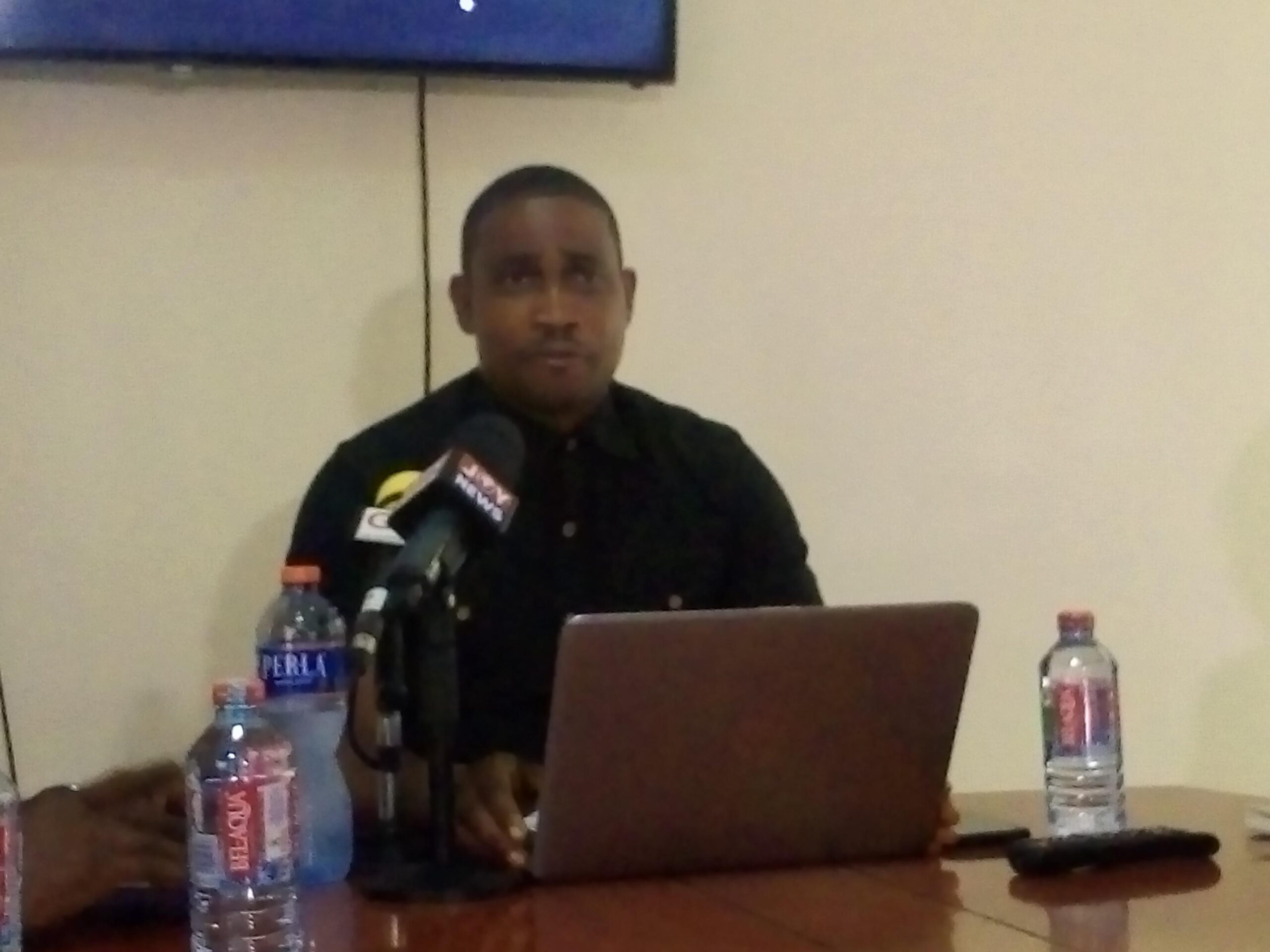
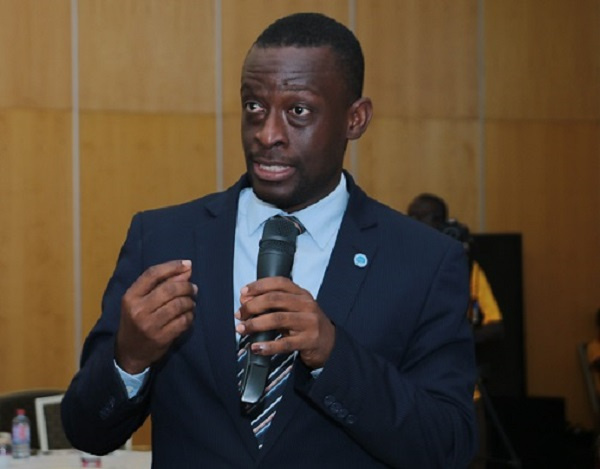
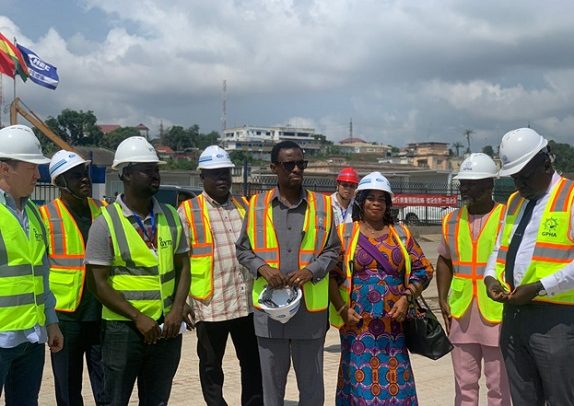
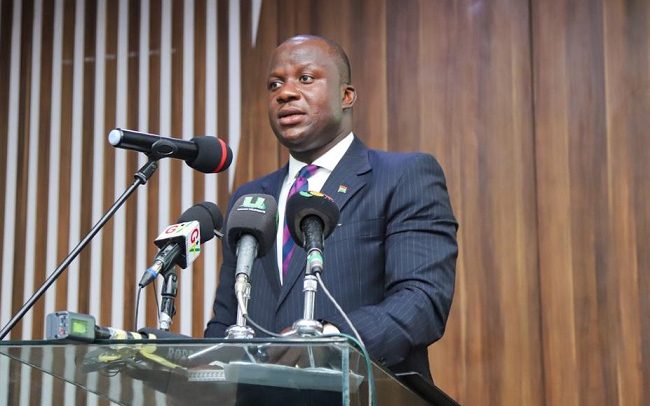




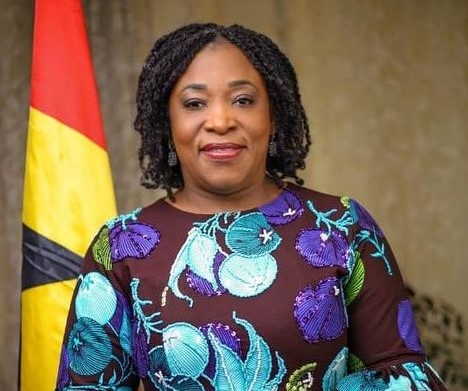







Facebook
Twitter
Pinterest
Instagram
Google+
YouTube
LinkedIn
RSS